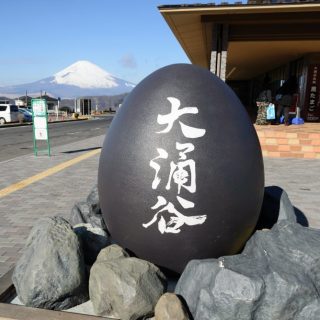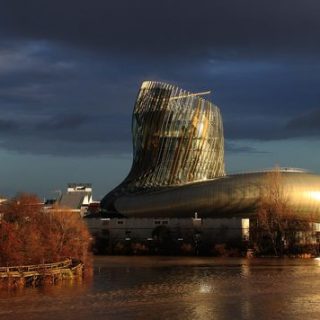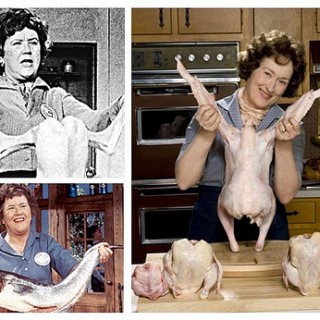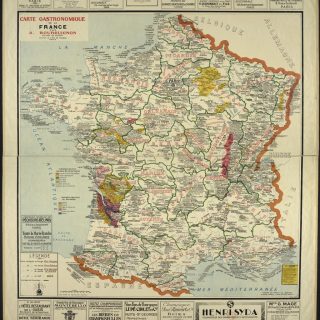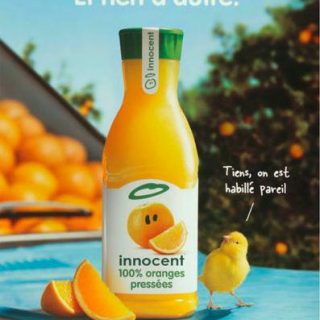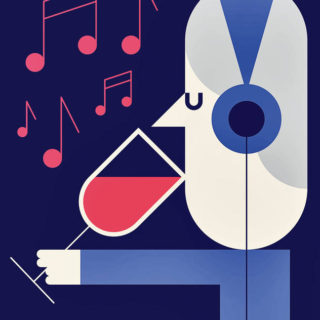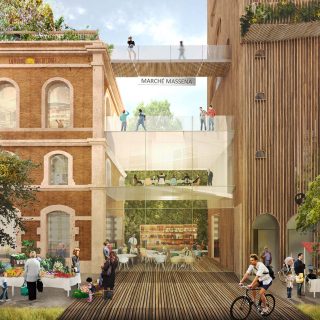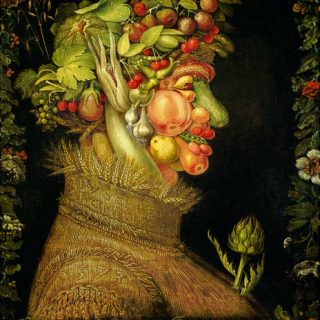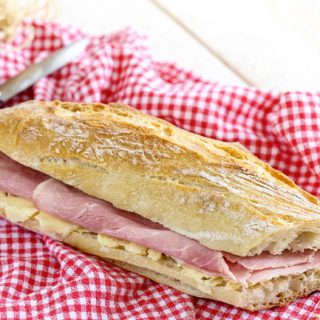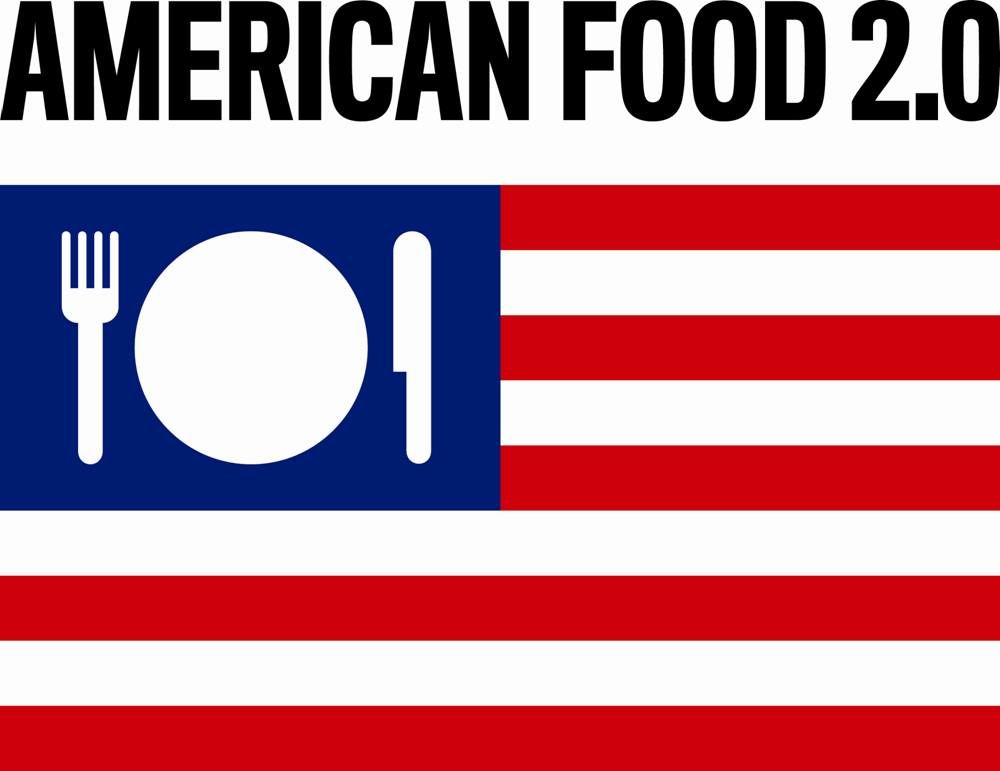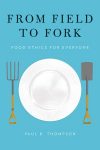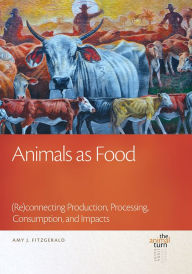 Every day, millions of people around the world sit down to a meal that includes meat. This book explores several questions as it examines the use of animals as food: How did the domestication and production of livestock animals emerge and why? How did current modes of raising and slaughtering animals for human consumption develop, and what are their consequences? What can be done to mitigate and even reverse the impacts of animal production?
Every day, millions of people around the world sit down to a meal that includes meat. This book explores several questions as it examines the use of animals as food: How did the domestication and production of livestock animals emerge and why? How did current modes of raising and slaughtering animals for human consumption develop, and what are their consequences? What can be done to mitigate and even reverse the impacts of animal production?
With insight into the historical, cultural, political, legal, and economic processes that shape our use of animals as food, Fitzgerald provides a holistic picture and explicates the connections in the supply chain that are obscured in the current mode of food production. Bridging the distance in animal agriculture between production, processing, consumption, and their associated impacts, this analysis envisions ways of redressing the negative effects of the use of animals as food. It details how consumption levels and practices have changed as the relationship between production, processing, and consumption has shifted. Due to the wide-ranging questions addressed in this book, the author draws on many fields of inquiry, including sociology, (critical) animal studies, history, economics, law, political science, anthropology, criminology, environmental science, geography, philosophy, and animal science.
Amy J. Fitzgerald is Associate Professor in the Department of Sociology, Anthropology, and Criminology and at the Great Lakes Institute for Environmental Research at the University of Windsor in Ontario, Canada.



